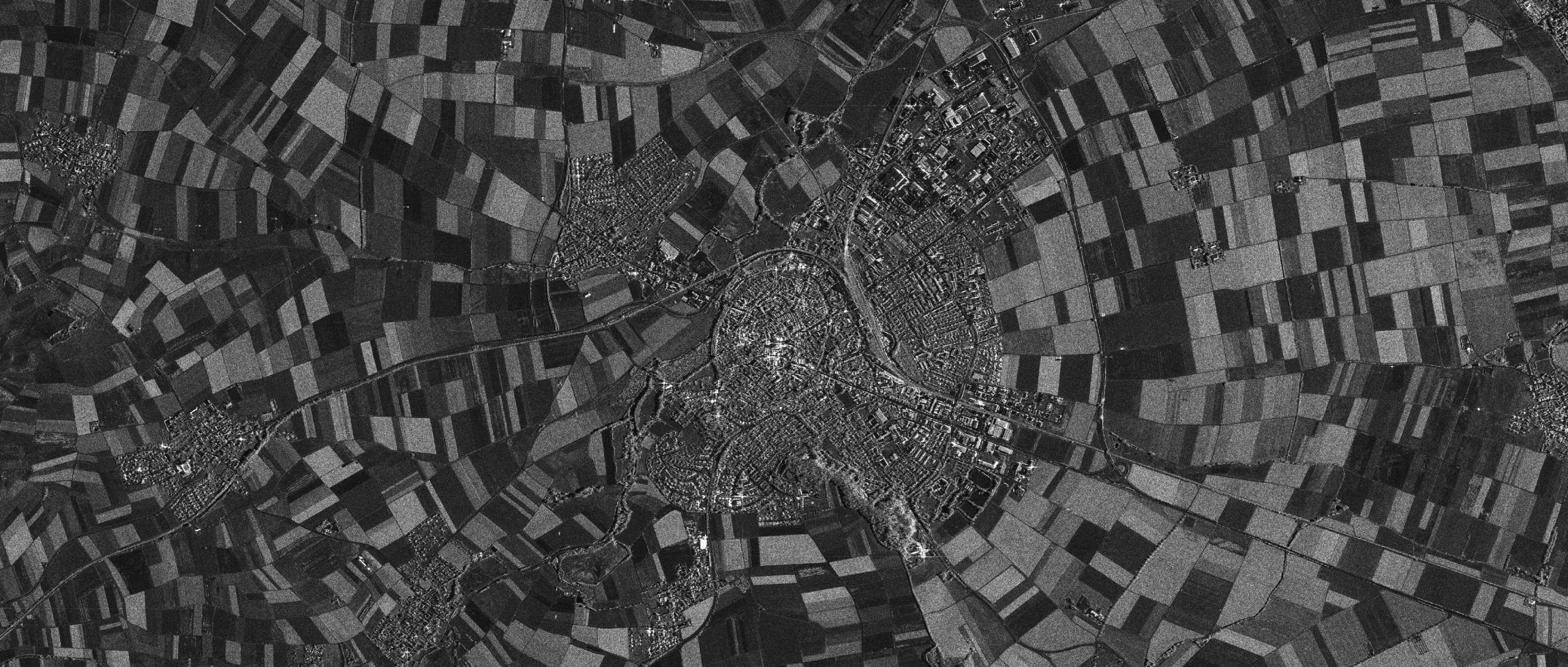The virtual seminar will be held from 12:30 to 2:00 p.m. (E.T.)
Fearing preemptive attack by United States on their nuclear forces, Russia and China have turned to mobile ground-launched missiles as one way to secure their nuclear forces. New developments in remote-sensing technologies have spurred a debate about whether such launchers will remain survivable. This presentation will question commonly made assumptions by US analysts that adversary mobile missiles will be operated sub-optimally, and so significantly underestimating the difficulty of tracking and attacking such missiles. It also will introduce a model of tracking to consider how a set of remote sensing technologies, including satellite-based radar systems, could aim to track mobile missiles and how operational and technological countermeasures may allow mobile missiles to evade tracking and remain survivable.
About the speaker: Thomas D. MacDonald is a fellow in the Nuclear Policy Program at the Carnegie Endowment for International Peace. His PhD dissertation in nuclear science and engineering at MIT focused on the national security implications of advancing and emerging technologies including for tracking nuclear-capable mobile missiles. His current research focuses on the verification of nuclear arms control and nonproliferation agreements.
